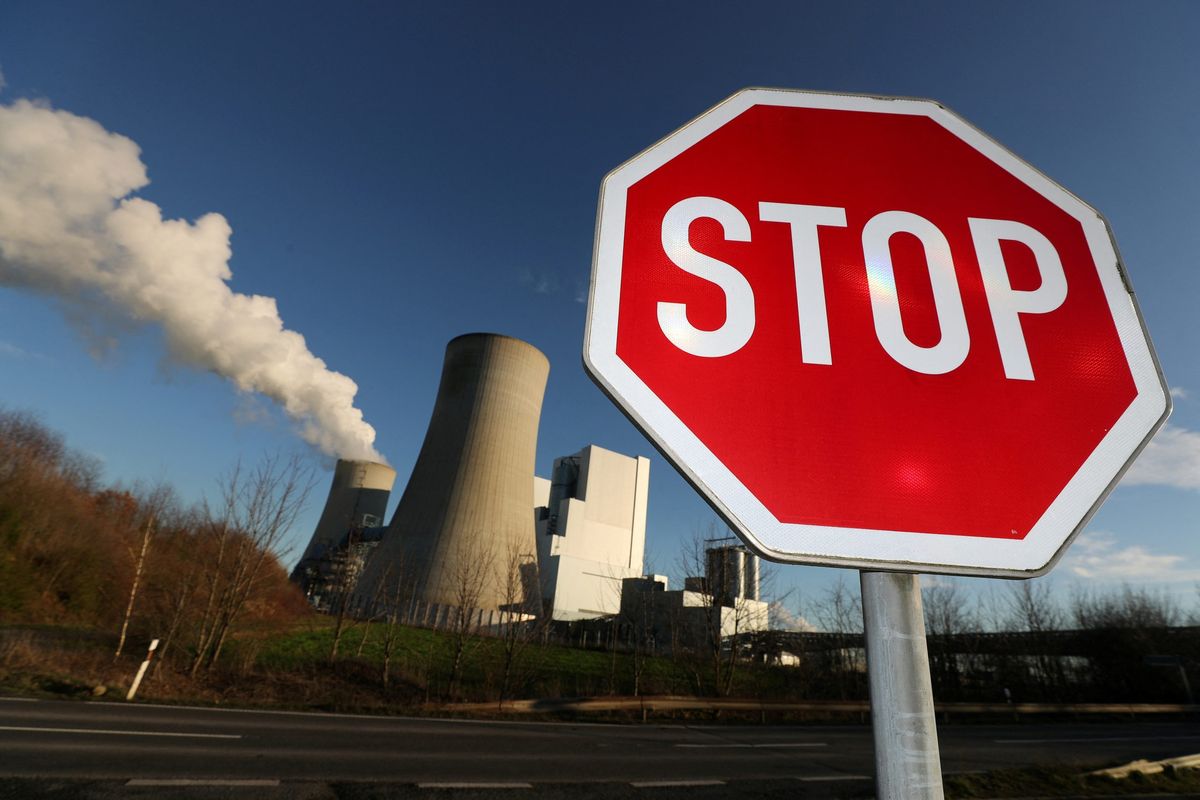What are ESG funds, and why are people criticizing them?

A few minutes every morning is all you need.
Stay up to date on the world's Headlines and Human Stories. It's fun, it's factual, it's fluff-free.
If you haven’t heard of ESG, a good place to start is the acronym – it stands for Environment, Social and Governance. The idea is to allow companies to measure how socially conscious they are, specifically regarding issues like carbon footprints and green initiatives. The UN created the classification, which is supposed to make it easier for investors to put their money into businesses that align with their values.
According to Bloomberg Intelligence estimates, there is about US$35 trillion worth of ESG assets out there right now – so this “sustainable investing" thing is huge.
So, there’s been some criticism of ESG recently. Conservatives in the US have been critical of ESG funds, calling them “woke" as an insult. Also, Republican-controlled localities are going after asset managers who trade ESG assets, saying they’re a danger to local fossil-fuel industries. (Which, in fairness, is kind of the point.) US and European regulators alike have begun cracking down on the ESG stamp, from Deutsche Bank in Germany to Goldman Sachs in the States.
Even supporters of ESG have criticised the broad application of the term, likening it to greenwashing. These critics have said that the classification isn’t closely regulated and can be abused to convince people that certain investments are environmentally conscious without actually proving it. The SEC in the US is looking at potentially requiring fund managers to publish the carbon emissions of the companies it’s investing in. In Europe, regulators are looking at more specific labels like “dark" and “light" green to correspond to their sustainability priorities.
Key comments:
Republican Governor of Florida, Ron DeSantis, said that, with ESGs, companies are trying “to implement policies through the board room that Floridians reject at the ballot box."
According to Sanjai Bhagat, professor of finance at the University of Colorado, “funds investing in companies that publicly embrace ESG sacrifice financial returns without gaining much, if anything, in terms of actually furthering ESG interests."
“It’s about looking at a business and saying, ‘Are they prepared for the climate transition that’s coming?'" said Witold Henisz, faculty director of the ESG Initiative at The Wharton School of Business at the University of Pennsylvania. “Some companies are, and some companies aren’t. And that tilts your portfolio, it shifts your investment strategy."




Comments ()